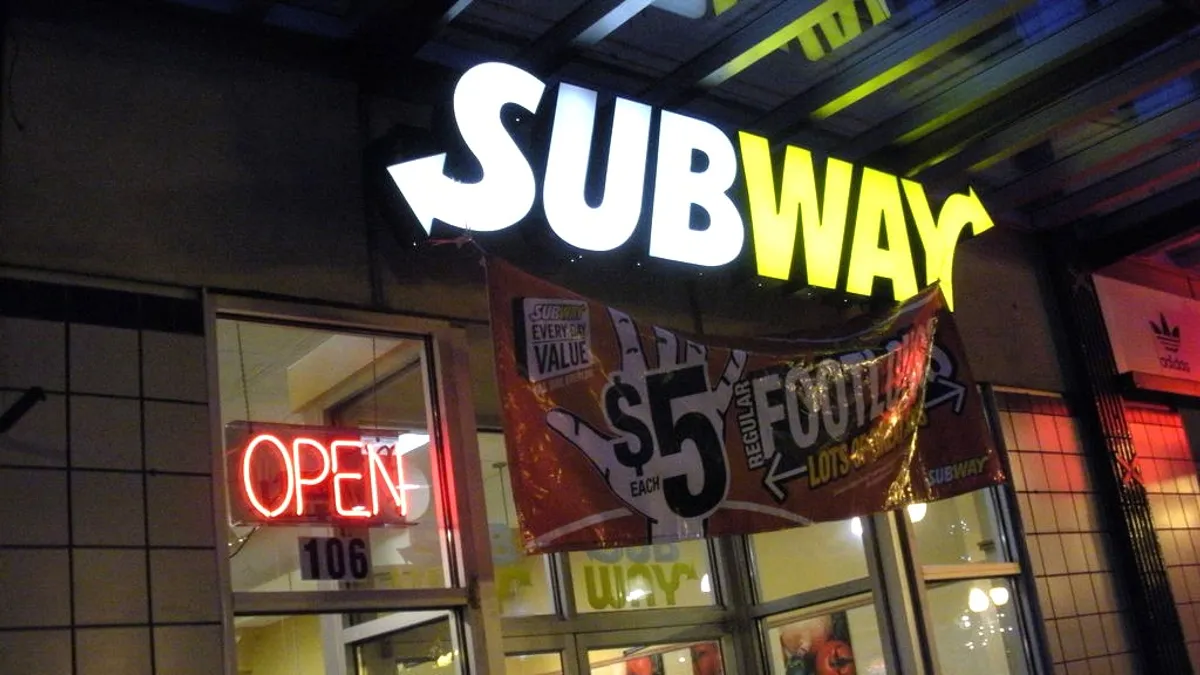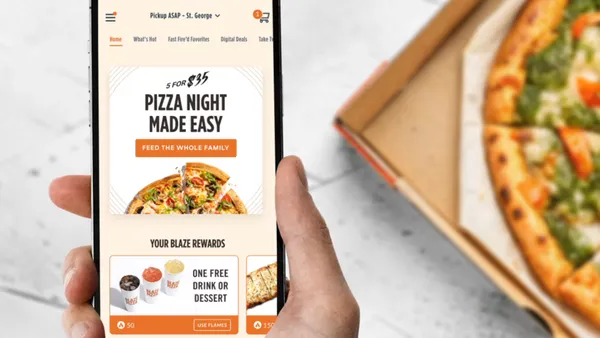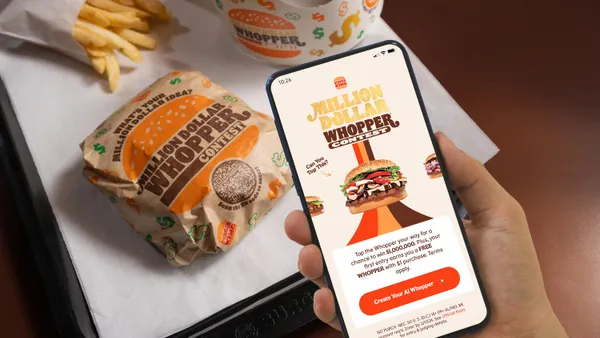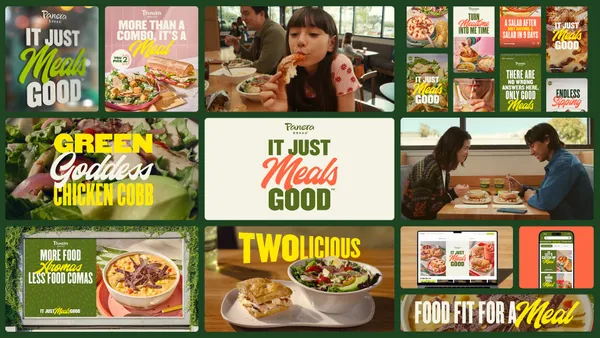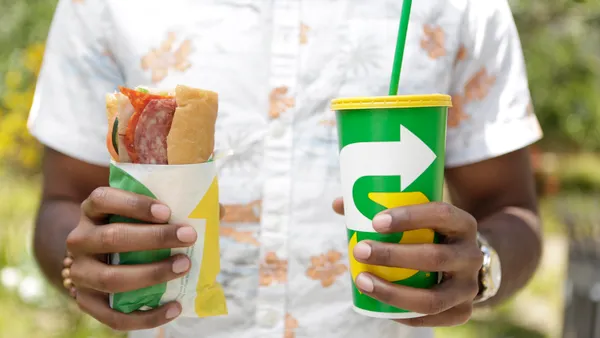Dive Brief:
- Some Subway franchisees have filed complaints with the Federal Trade Commission, which oversees franchisees, over the chain bringing back its $5 Footlong promotion, Restaurant Business reports. These franchisees claim they are being bullied into honoring the promotion that they say doesn't make much money.
- Ron Gardner, an attorney for the North American Association of Subway Franchisees, told the publication that it wasn't behind the complaint and is working on an agreement with the chain.
- Subway brought back its $5 Footlong promotion on Tuesday as a “$5 Footlongs When You Buy Two” offer, according to a press release.
Dive Insight:
Subway first offered its $5 Footlong promotion in 2008, which was one of the chain's most successful promotions in its history, according to Restaurant Business. At that time, the average minimum wage was about $6.55, while in 2020, the federal minimum is $7.25.
With inflation rates considered, $5 in 2008 is worth about $5.95 now, and that nearly-full dollar goes a long way in a low-margin business dependent on traffic. All of these factors are at the heart of the issue for Subway's franchisees, who claim the promotion is unprofitable. About 75% of Subway’s franchisees said in early June they opposed the promotion in a survey issued by the North American Association of Subway Franchisees. The survey included 3,000 franchisees representing about 11,000 restaurants.
Those franchisees are all too familiar with how this promotion has fared throughout the past 12 years.
In 2012, Subway deployed the $5 Footlong deal again, with significant pushback from franchisees, who cited rising food costs for the added pressure. The chain eventually moved away from the promotion. However, the company attempted to revisit the $5 Footlong in 2017 to make up for a nearly 25% drop in traffic, but more than 400 Subway franchisees signed a petition claiming the promotional focus left many operators unprofitable and, in some cases, unable to pay off debts. Subway operators have continued to show restlessness about such discounting, and the North American Association of Subway Franchisees hosted an open forum about the move at the end of 2019, in which one franchisee simply said, "stop the discounting and quit giving away the little profits we have."
With this week’s launch, however, it seems as though those pleas have gone unanswered. The franchisor could be banking on a different scenario this time around, as the restaurant industry emerges from a pandemic that ground traffic to a halt. A deep discount could be what re-ignites those transactions. Further, consumers are likely to be much more value-minded than they were just months ago, as the coronavirus has led to 13.3% unemployment as of May — rates that reflect the 2008 environment. Another difference this time around is $2,100 in subsidies for franchisees who opt-in, according to Restaurant Business. That money comes from rebates from Subway’s Coca-Cola contract.
But by filing complaints with the FTC, it seems some franchisees aren’t sold, and perhaps for good reason. What happens when the promotion ends and customers are conditioned to this discount? That near-term traffic gain is likely to go away. Customers could also be confused when they see the promotion at some, but not all stores.
Subway needs to attract more customers, especially with sales declining over the last few years. Sales declined 2% to $10.2 billion in 2019, according to Technomic's Top 500 data. Comparatively, sales were about $11.5 billion in 2015, according to Technomic. The chain has navigated a number of battles with its franchisees in the past couple of years, has shed thousands of locations and has laid off hundreds of corporate employees. A healthy franchisor needs a healthy, and supportive, franchisee system to thrive. Subway CEO John Chidsey has been on board for a little more than six months and it seems like he has his work cut out for him to make that happen.


